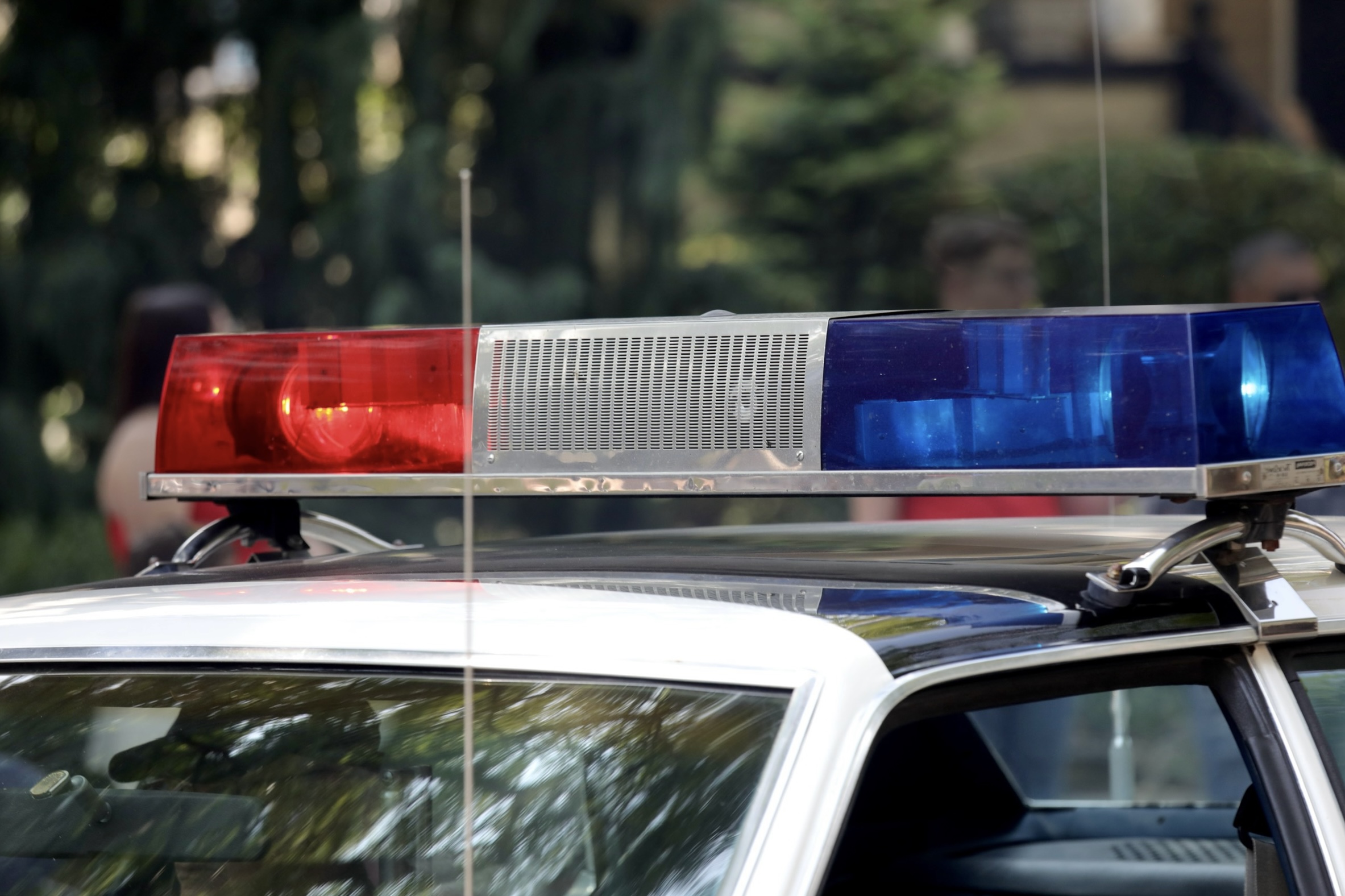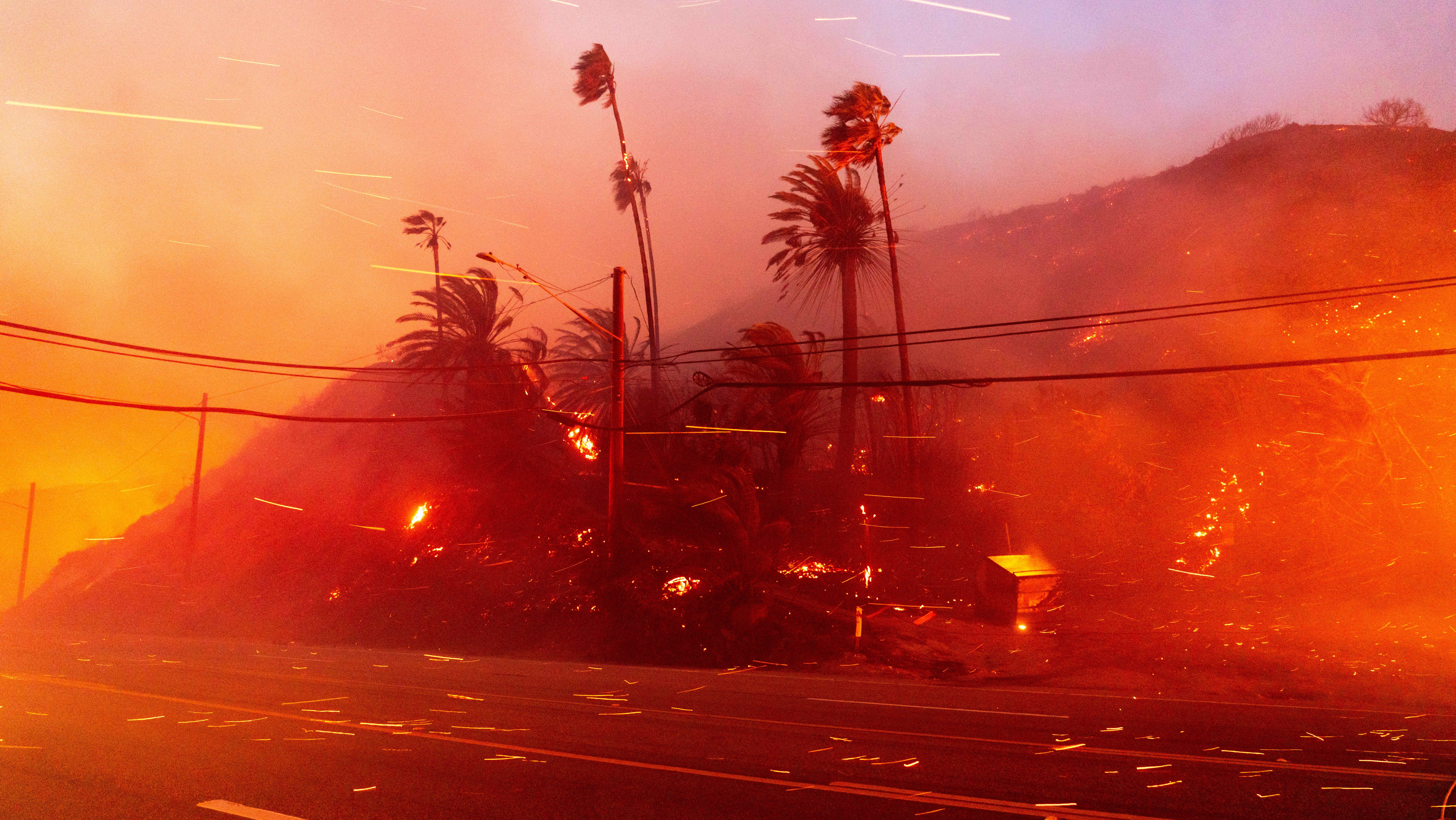Bride Late? Driver Faces 105 MPH Speeding Charge!
Driven to Distraction: Florida Driver Clocks 105 MPH Racing Bride to Wedding!
Introduction: Altar-Bound Speedster!
Ever heard the phrase "racing to the altar"? Well, one Florida woman took that saying a bit too literally. Imagine this: you're running late to your own wedding. Stress levels are through the roof. What do you do? Apparently, if you're in Port St. Lucie, Florida, you might just tell your driver to put the pedal to the metal! But at what cost?
A Need for Speed: 105 MPH is No Joke!
Police say a Florida woman has given a whole new meaning to the saying “racing to the altar.” Apparently, punctuality wasn't the only thing on her mind that day. An unnamed woman, being chauffeured to her wedding by one of her guests, found herself on the wrong side of the law. An unmarked police vehicle in Port St. Lucie, Florida, pulled them over at 2:42 p.m. on April 11. The reason? The officer clocked their speed at a heart-stopping 105 mph, according to a statement and video released by local police. That's not just a little over the limit; it's downright dangerous!
The Irony: Rain vs. Speeding Tickets
The police statement added a touch of humor to the situation: “The old saying goes, rain on your wedding day is good luck! Well on this sunny day, the bride’s driver now has a mandatory court date in front of a judge after speeding trying to get the bride to her wedding which she was already late to!” Talk about a wedding gift no one wants! It seems a bit of rain might have been preferable to a speeding ticket and a court appearance. You could almost call it a pre-wedding shower of justice!
Late to the Party: A Wedding on Hold?
Adding to the drama, the wedding was scheduled to begin at 2:30 p.m. in Stuart, Florida – a mere 10 miles away from where the high-speed chase ended. One has to wonder if the ceremony was delayed, or if guests were left wondering where the bride was. Maybe she made a grand entrance... escorted by flashing lights? The image conjures up a scene straight out of a movie!
The Video Evidence: Seeing is Believing
To add insult to injury (or perhaps, to deter others from similar behavior), local police released a video of the incident. While the video wasn't included with the original content we have, one can only imagine what it shows. Was the bride visibly distressed? Was the driver apologetic? Did they try to use the "I'm getting her to her wedding!" excuse? The video likely paints a clear picture of the frantic situation.
Speeding in Florida: Laws and Consequences
Let's talk about the legal ramifications. What exactly does speeding at 105 mph entail in Florida? It's not just a slap on the wrist. Here's what you need to know:
Reckless Driving Territory
Going that fast can quickly escalate from a simple speeding ticket to reckless driving. Reckless driving is a criminal offense with much harsher penalties.
Fines and Points
Expect hefty fines. And those points on your driver's license? They're going to add up quickly. Accumulating too many points can lead to license suspension.
Increased Insurance Rates
Your insurance company definitely won't be thrilled. A speeding ticket of that magnitude will likely lead to significantly higher premiums.
Possible Jail Time?
In some cases, especially if combined with other offenses, jail time is a possibility, although unlikely in this specific scenario.
Why the Rush? Exploring Potential Motivations
We can only speculate about why the driver felt the need to reach such excessive speeds. What could have been the reason behind the urgent dash to the wedding? Was it simply running behind schedule, or were there other factors involved?
Pre-Wedding Jitters?
Maybe the bride was experiencing pre-wedding anxiety and needed to get to the ceremony to calm her nerves.
Forgotten Essentials?
Perhaps they realized they'd left something crucial behind, like the rings, the marriage license, or the bride's shoes.
Traffic Troubles?
Maybe unexpected traffic delays caused them to fall drastically behind schedule, prompting the risky decision to speed.
The Ripple Effect: Beyond the Ticket
This incident isn't just about a speeding ticket; it has wider implications. Think about the potential impact on the wedding itself.
Stressed Bride and Groom
The last thing a bride and groom need on their special day is added stress and drama. This incident undoubtedly caused anxiety for everyone involved.
Tarnished Memories
This story will undoubtedly become a talking point for years to come. While it might be humorous in hindsight, it could also overshadow some of the positive memories of the wedding day.
Legal Woes
The driver now faces legal consequences that will require time, money, and potentially impact their driving privileges.
Driving Safety: A Crucial Reminder
This incident serves as a stark reminder of the importance of safe driving practices. No matter the circumstances, speeding is never worth the risk.
Prioritize Safety Over Speed
It's always better to arrive late than to not arrive at all. Safety should always be the top priority.
Plan Ahead and Allow Extra Time
When traveling to important events, factor in potential delays and allow yourself ample time to reach your destination.
Don't Let Emotions Cloud Your Judgment
Stress, anxiety, or excitement can impair your judgment behind the wheel. Take deep breaths and remain calm.
Social Media Frenzy: The Internet Reacts
In today's world, news travels fast – especially when it involves a bride, a speeding car, and a police chase (sort of). Social media has exploded with reactions to this story. People are sharing jokes, memes, and opinions about the incident. It's safe to say this bride's "racing to the altar" story has gone viral!
The Unmarked Car: A Stealthy Savior?
It’s worth noting that the police vehicle was unmarked. While some might argue that unmarked vehicles are unfair, in this case, it potentially prevented an even more dangerous high-speed pursuit. The officer was able to safely pull the vehicle over before the situation escalated further. Think of it as a stealthy intervention for public safety.
Alternatives to Speeding: What Could They Have Done?
Hindsight is 20/20, but what other options did the bride and her driver have? Panicking and speeding wasn’t the answer. Here are a few alternative strategies they could have employed:
Communicate with the Venue
A quick phone call to the wedding venue to inform them of the delay would have been a simple and effective step.
Call a Rideshare
If possible, calling a rideshare service might have been a safer alternative, even with potential delays.
Accept the Inevitable
Sometimes, you just have to accept that you're going to be late. Arriving late is better than endangering lives.
The Wedding Photographer's Dilemma
Imagine being the wedding photographer! You’ve prepped for weeks to capture the perfect moments, and then this happens. Do you incorporate the "racing to the altar" saga into the photoshoot? Do you subtly allude to the drama? Or do you just focus on capturing the (hopefully) happy couple’s best angles? It's a photographer’s creative challenge to say the least!
Insurance Implications: Who Pays the Price?
Let’s dive deeper into the insurance aspect. Whose insurance will cover the potential damages if there had been an accident? The driver’s insurance is likely the primary insurer, but the specifics depend on the policy and the circumstances. This incident highlights the importance of understanding your insurance coverage!
The Long-Term Effects: A Cautionary Tale
Beyond the immediate consequences, this story serves as a valuable lesson for everyone. It's a reminder that even the most important events don't justify reckless behavior. This "racing to the altar" incident will likely be a cautionary tale for years to come.
Conclusion: Speeding is Never the Answer
So, what's the takeaway from this wild ride to the wedding? Speeding, no matter how important the occasion, is never worth the risk. This Florida bride and her driver learned that lesson the hard way. Hopefully, this story will encourage others to prioritize safety over speed and to remember that a little patience can go a long way, especially on your big day!
Frequently Asked Questions
Here are some frequently asked questions about the incident and the legal implications:
- What's the penalty for speeding 105 mph in Florida? The penalty varies depending on the circumstances, but it could include hefty fines, points on your license, and even reckless driving charges.
- Will the bride be held responsible for the driver's actions? While the driver is primarily responsible, the bride could potentially face consequences if she encouraged or pressured the driver to speed.
- How will this affect the driver's insurance rates? The driver's insurance rates will likely increase significantly due to the speeding ticket.
- What could the driver have done instead of speeding? The driver could have contacted the wedding venue to inform them of the delay, called a rideshare service, or simply accepted that they were going to be late.
- Is it legal for police to use unmarked cars for traffic stops in Florida? Yes, it is legal for police to use unmarked cars for traffic stops in Florida, provided they follow proper procedures and identify themselves as law enforcement officers.

